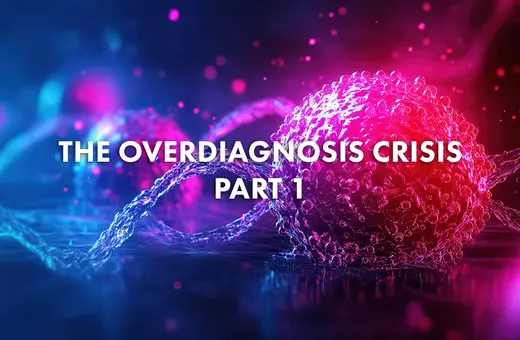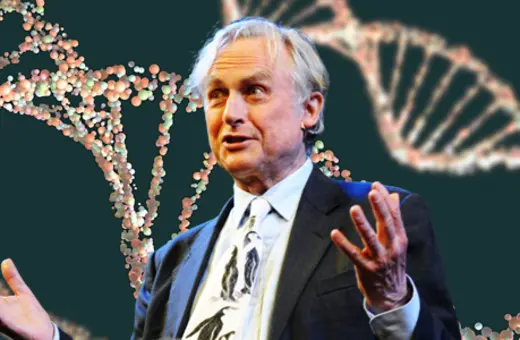Drugs like Ozempic can target and erase our desire for food – and perhaps other cravings too. This pathologises desire as something that exists outside of us, to which we passively submit. But in losing our desires, we risk losing valuable parts of our experience – instead, argues Uku Tooming, we should view desire as an attitude that we shape with our imagination, and use our imagination to harness it to better ends.
Most of us aspire to improve our minds in various ways, from enhancing our intellectual capabilities to becoming more emotionally attuned to the needs of our significant others. For many, this aspiration is especially salient in their efforts to lose weight, as it requires getting their food cravings under control. Imagine, for instance, Eugene who, whenever he is exposed to delicious treats, such as chocolate cakes or ice cream, experiences a strong desire for them. As a result, he has difficulties controlling his weight. For Eugene, weakening his appetitive desire would arguably count as significantly improving his mind.
In recent years, the discovery that the antidiabetic medicine Ozempic—a brand name for semaglutide, a synthetic hormone that mimics glucagon-like peptide type 1 (GLP-1)—is highly effective in reducing food cravings (and considerably reducing weight as a result) has garnered a lot of attention. By having for the majority of people only minimal side effects, semaglutide—now also sold under the brand name Wegovy as a medicine explicitly targeted for weight loss—has been seen by many as a cure against weight problems that people like Eugene face. It looks like it is now possible to manage our desires with a simple injection while this used to be possible only through effortful self-discipline.
___
Desire expresses the person’s evaluative and engaged perspective on the world. The medicalised approach seems to overlook this aspect of desire entirely.
___
The medicalisation of desires may seem unappealing to some, as it implies that desire is an alien force or disease to be managed. This does not ring true of desire, insofar as we understand it as an intentional attitude that one inhabits and that possesses a diverse array of features. When someone desires a particular outcome, then she is motivated to bring that outcome about, to attend to considerations that are relevant for it, and to feel positively when thinking about the prospect of that outcome and when the outcome is achieved. To have a desire for something is one of the primary ways of relating to things in the world, while the desire itself does not seem like a thing among others but is instead the medium through which things are presented to the individual agent and through which she can care about them. Consequently, desire expresses the person’s evaluative and engaged perspective on the world. The medicalised approach seems to overlook this aspect of desire entirely.
However, for someone like Eugene who is striving to lose weight, cravings can indeed feel like an external force that must be confronted. At first glance, therefore, using injections like Ozempic or Wegovy might appear to be the appropriate course of action.






















Join the conversation